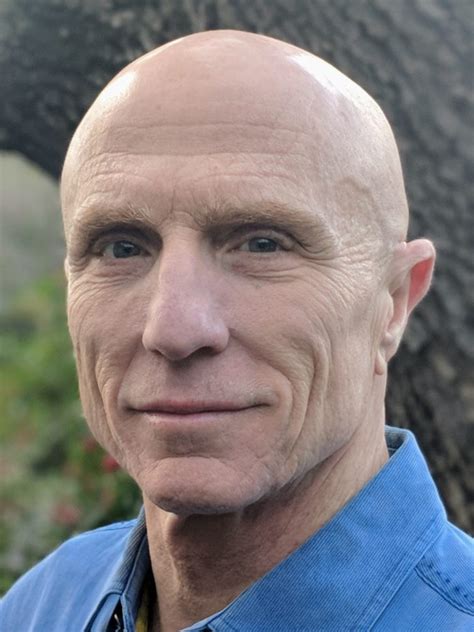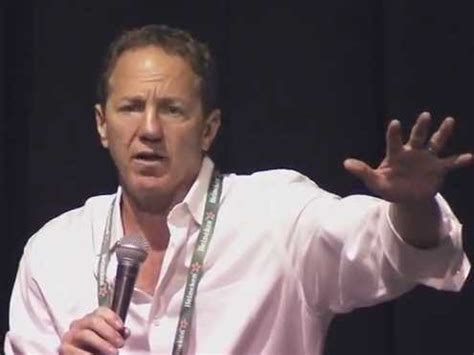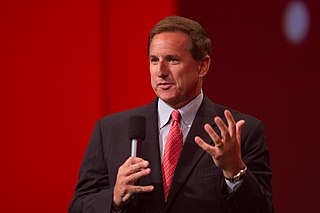A Quote by Chamath Palihapitiya
The entrepreneurial struggle is the same at basically every stage in the sense that there's maybe slightly less risk but strategic issues are generally always the same. Now there's so much existential risk from another company either being able to compete or to disrupt you in the same way you're disrupting somebody else, an entrepreneur needs a real steady partner who has the ability to start working with them in the Seed or the A and be credible and value-add with strategic advice, and just be backstopped by so much capital that you can do any growth round or even a public round.
Quote Topics
Ability
Able
Add
Advice
Always
Another
Any
Basically
Being
Capital
Company
Compete
Credible
Disrupt
Either
Else
Entrepreneur
Entrepreneurial
Even
Every
Existential
Generally
Growth
Issues
Just
Just Be
Less
Maybe
Much
Needs
Now
Partner
Public
Real
Risk
Round
Same
Seed
Sense
Slightly
Somebody
Stage
Start
Steady
Strategic
Struggle
Them
Value
Way
Working
Related Quotes
In any case, if I grow hybrid maize or hybrid pearl mallet or any hybrid, I have to sow fresh seed every year. I cannot keep the seed of the same plant. If I keep the seed of the same plant, yield will be much less and there will be a wide variation in the field, like maturity period, quality and so on.
I would have never wanted to write another management book. There are so many of them, and everybody says the same thing about them, and they are all the same - they give the exact same advice. It's like a diet book; they all say eat less calories, exercise more, and every single book has the same conclusion.
I believe that everybody was born with a kind of uniqueness. There is never going to be somebody else with the same DNA as you, with the same experiences. There is something that you were meant to do as an individual. You have some kind of creative skill. It can either be creating your own business in some level, being a writer, an artist, whatever, or it can even be working within a company, but from within that company you're creating something.
I think actors, at a certain point in their careers, decide they're either going to keep taking risks or take the exact same risk over and over again so that it's not a risk anymore. That's when I don't want to work with them. I think there are some actors who are just doing the exact same thing, and they will never shift from it.
I have the satisfaction of knowing that it is all right; that everybody else is one way or other served in much the same way--either in a physical or metaphysical point of view, that is; and so the universal thump is passed round, and all hands should rub each other's shoulder-blades, and be content.
My travels have always been of the same kind. No matter where I've gone or why I've gone there it ends up that I never see anything. Becoming a movie star is living on a merry-go-round. When you travel you take the merry-go-round with you. You don't see natives or new scenery. You see chiefly the same press agents, the same sort of interviewers, and the same picture layouts of yourself.
The risk of working with people you don't respect; the risk of working for a company whose values are incosistent with your own; the risk of compromising what's important; the risk of doing something that fails to express-or even contradicts--who you are. And then there is the most dangerous risk of all--the risk of spending your life not doing what you want on the bet that you can buy yourself the freedom to do it later.
I used to be a pre-industrial writer: thousands of words in a spurt and then a few days off. But as I get older, I've switched to a mode best described as 'slow and steady wins the race.' Basically, I write during the same four hours every day, after breakfast and the all-important coffee, generally in the same room and wearing the same pajamas.
I always collect images, maybe because I was working with historic material - but even if I were working with contemporary material, I would do the same thing. I keep a kind of index of them while I'm working. I find them incredibly useful, not so much to illustrate a time, but to give some sense of the feeling of a time.



































